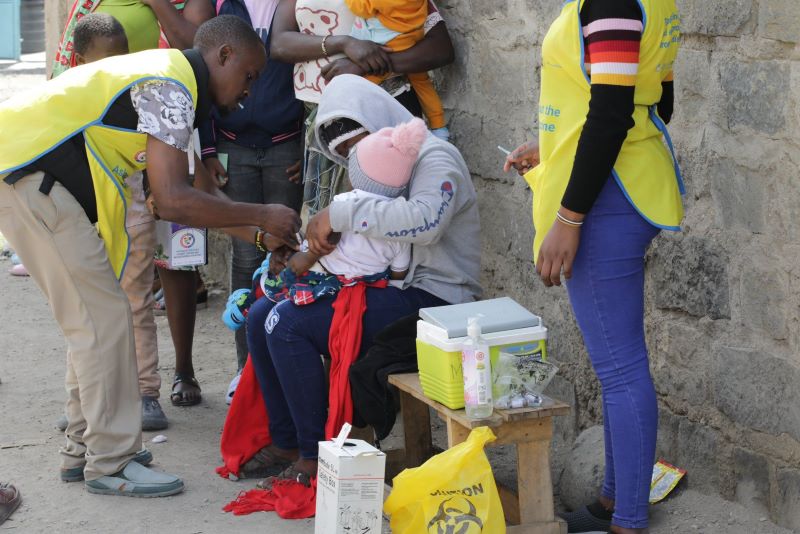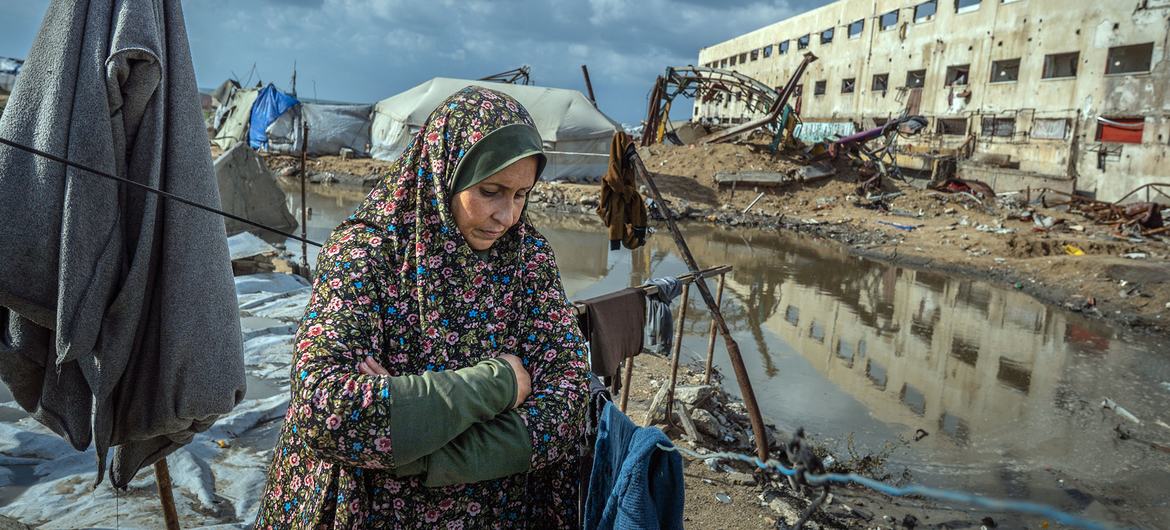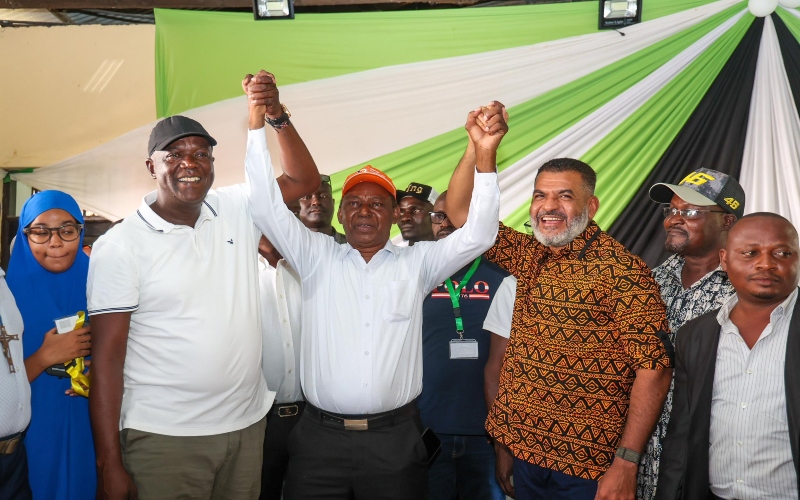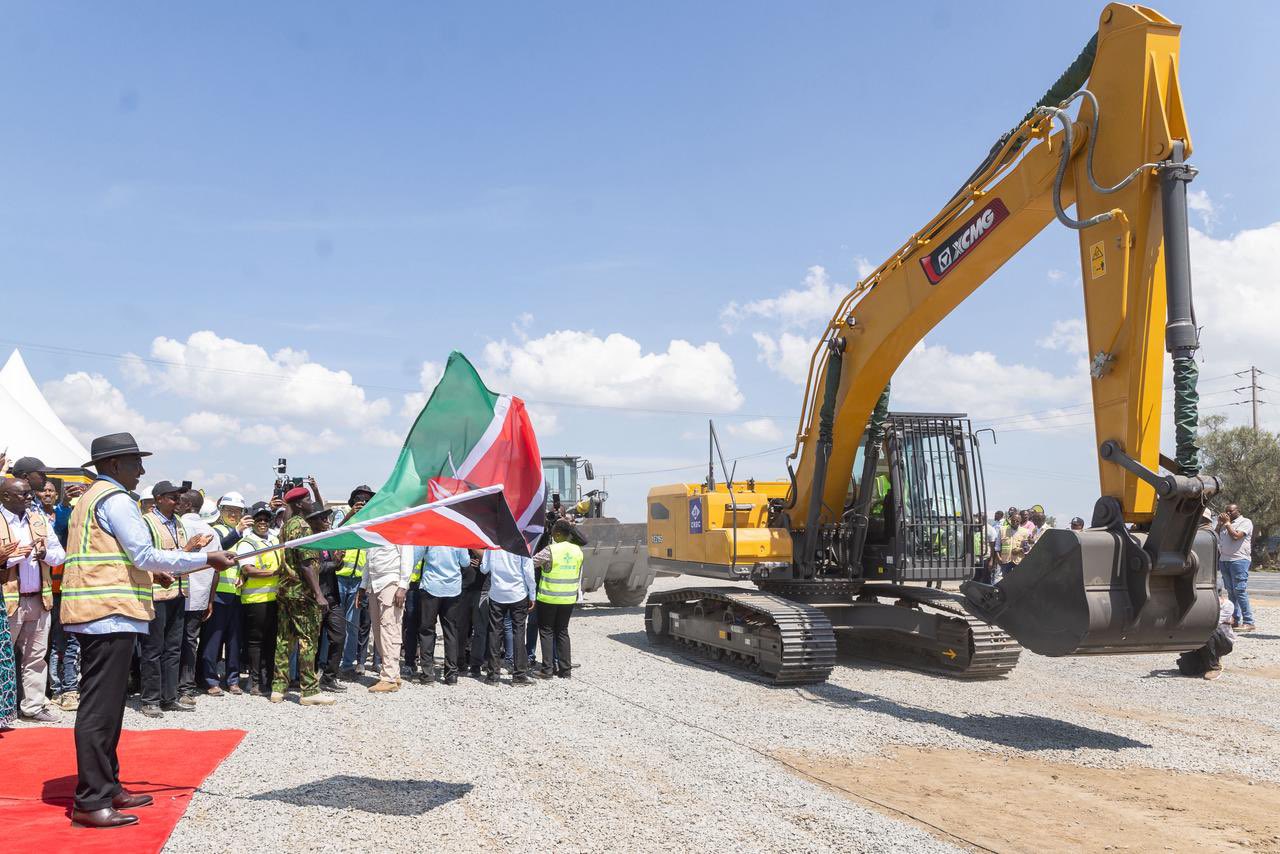Kenya’s Gen Z revolution morphs into new activism wave shaping the future
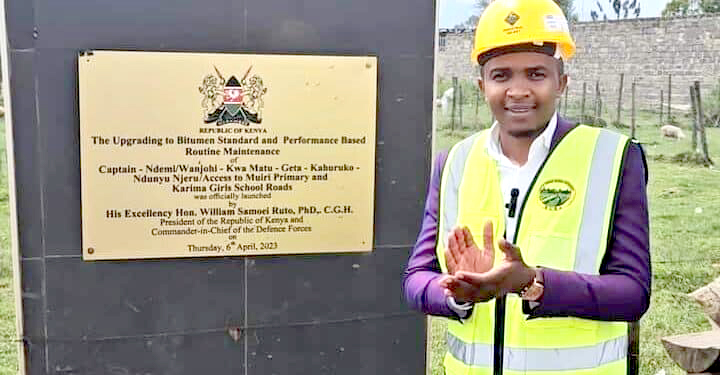
Revelations about projects relaunched by President Ruto have ignited a conversation about transparency in Kenya’s political sphere
Kenya’s political landscape is undergoing a significant transformation, largely driven by the energy and determination of its younger generation.
Despite some reports suggesting that the momentum of recent protests has diminished, key figures from the movement reveal that the revolution is alive and evolving.
More To Read
- From protests to the office: How Gen Z is reshaping Kenya’s work culture and social norms
- Respect must go both ways, Kindiki tells Gen Z, elders
- Raila: I stopped Ruto’s regime from falling under military rule during Gen Z protests
- Kenya's youth unemployment epidemic: A ticking time bomb for crime, violence
- Kenyan artists reflect Gen Z hopes and frustrations in new exhibition
- Opinion: Youth uprising signals call for change to Kenya's future story
Through innovative activism and persistent advocacy, Kenya’s Gen Z is proving that its efforts are far from over.
Lately, Morara Kebaso has emerged as a crucial figure in the quest for government accountability.
Known for his meticulous investigations into stalled and ghost projects, Kebaso’s work has captured national attention.
“We did not achieve anything in terms of governance reforms but we have changed the conversation. The young people of Kenya have earned their respect as a demographic that is quite capable of the unthinkable. The seed of change has been planted but on a very rocky terrain of a citizenry that is politically naive and brainwashed. A lot has to be done in educating the public,” says Kebaso.
Kebaso’s revelations about projects relaunched under President William Ruto have ignited a broader conversation about transparency and accountability in Kenya’s political sphere. His efforts highlight the role of investigative journalism in holding leaders accountable and fostering public awareness.
Shakira Wafula has been a prominent advocate for inclusivity in Kenya’s political processes. Her work focuses on ensuring that youths with disabilities are represented in the IEBC selection panel.
Her active participation in various commissions and conferences reflects her commitment to understanding and improving Kenya’s political landscape.
Wafula acknowledges the shifting dynamics of protest and engagement.
“I have been attending several conferences where young people, especially young women, are actively involved in their communities. People being actively involved with what is happening in the political space means that the revolution has just begun,” Wafula says.
 Shakira Wafula during a Gen Z protest in Nairobi. Photo:X/ Shakira Wafula
Shakira Wafula during a Gen Z protest in Nairobi. Photo:X/ Shakira Wafula
She notes that while traditional protests have become less effective due to increased police repression, new methods of civic education are thriving.
“The seed of revolution has been successfully planted considering how the youth are passionately conducting civic education all over. No one is scared anymore, and people across social media are overseeing halted and ghost projects that are relaunched. People are still vigilant and looking for ways to hold the government accountable,” says Wafula.
Her focus on grassroots involvement and civic education shows how the movement is adapting to new challenges and opportunities.
Spoken word artist Willie Oeba represents the creative side of the revolution. His performances in public transport spaces have become a powerful medium for civic education.
“The revolution has seen the most important impact of its lifetime in the current generation. Though our contribution has been the most impactful, the revolution has not ended; it’s taking course and the most important phase that we are now in is the ‘revolution of the mindset’,” says Oeba.
He says the current phase of the revolution is about shifting collective consciousness.
“Now, more than ever before, the collective consciousness of the nation has been pricked. We will have a new generation of leaders now that we have a new generation of voters,” Oeba says.
He believes that the new generation will prioritise issues over alliances and track record over tribal inclination.
“The masses are emancipated. The protest might have stalled a little bit physically but the mindset of the common Kenyan on the ground is on revolt.”
Oeba’s perspective highlights a critical shift in how Kenyans are engaging with politics, focusing on deep-seated changes in public attitudes and values.
Mercy Taurus has been actively involved in advocating for systemic changes through a series of petitions on various issues.
“I have four petitions which range from the same standard approach in public primary infrastructure, public participation, curriculum integration, and the IEBC,” Taurus says.
She sees the evolution of protest tactics as a response to challenges faced by traditional methods.
“I believe it is time we redefine the word ‘protests’. Street protests have been suppressed through intimidation but that gave birth to the unending online protests which are mutating from exposures of stalled government projects by people like Morara Kebaso to the silencing of government bloggers on X.”
Her observations underline how the movement has adapted to new forms of activism in the digital age.
“The revolution is still on; the ‘reject Finance Bill’ protests and occupying Parliament gave birth to a certain sense of possibility where the youth are proving that this government can be dealt with and the people are powerful,” says Taurus.
She notes that online exposure and civic education in public spaces like matatus are fuelling the ongoing movement.
“The more the online exposures and civic education in matatus, the more the fire spreads,” she says.
She plans to focus on the IEBC through nationwide civic engagement and education tours starting on September 7.
“The work is 70 per cent done and it will take a special cohort of youths and all stakeholders to prove to the rest that we are almost winning. This is the end of bad governance and the beginning of accountable governance. Our leadership will never be the same,” she says.
The revolution driven by Kenya’s Gen Z is not a fleeting moment but an ongoing journey of transformation. As Kebaso, Wafula, Oeba, and Taurus demonstrate, the movement is marked by innovation, adaptability, and a deep commitment to change.
“The seeds of this revolution are deeply rooted. Kenya will never be the same again,” Taurus says.
The activism of Kenya’s youth — through investigative journalism, advocacy for inclusivity, creative performances, and strategic petitions — reveals a profound shift in the nation’s political landscape. The revolution is evolving, adapting to new challenges and opportunities, and preparing to create lasting change.
The Gen Z-led revolution in Kenya is a powerful force for change. Despite evolving tactics and new forms of activism, the core message of justice, transparency, and inclusive governance remains steadfast.
As these young voices continue to lead the charge, Kenya’s political environment is poised for a significant and transformative shift.
Top Stories Today
